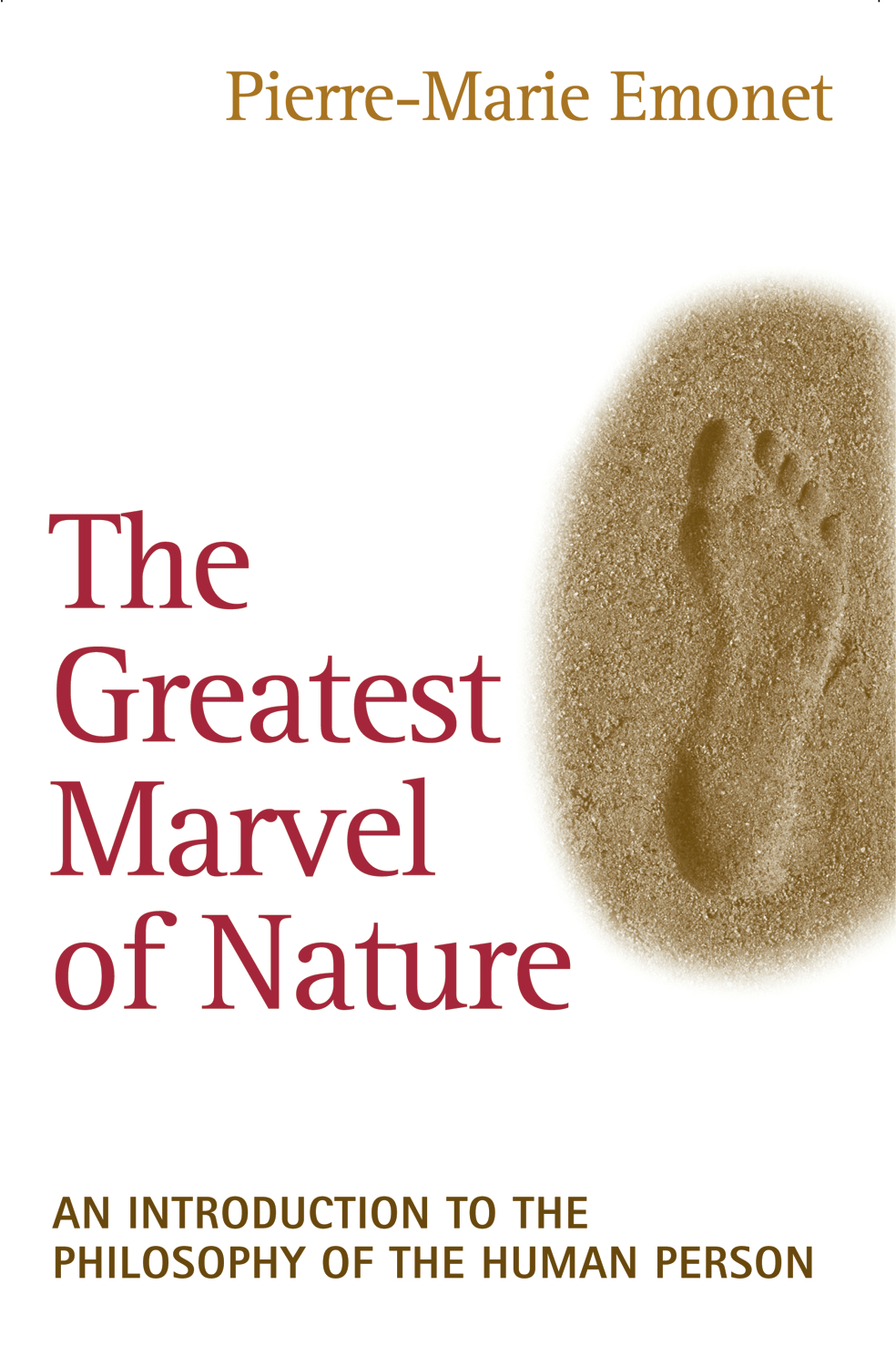- Title: Greatest Marvel of Nature
- Subtitle: An Introduction to the Philosophy of Being
- Page Count: 160
- Available Formats: Trade-paper (9780824517991)
- Edition: Trade Paper
- Original language: English
- Retail US: Trade-paper (20.95)
- Retail Canada: Trade-paper (26.99)

